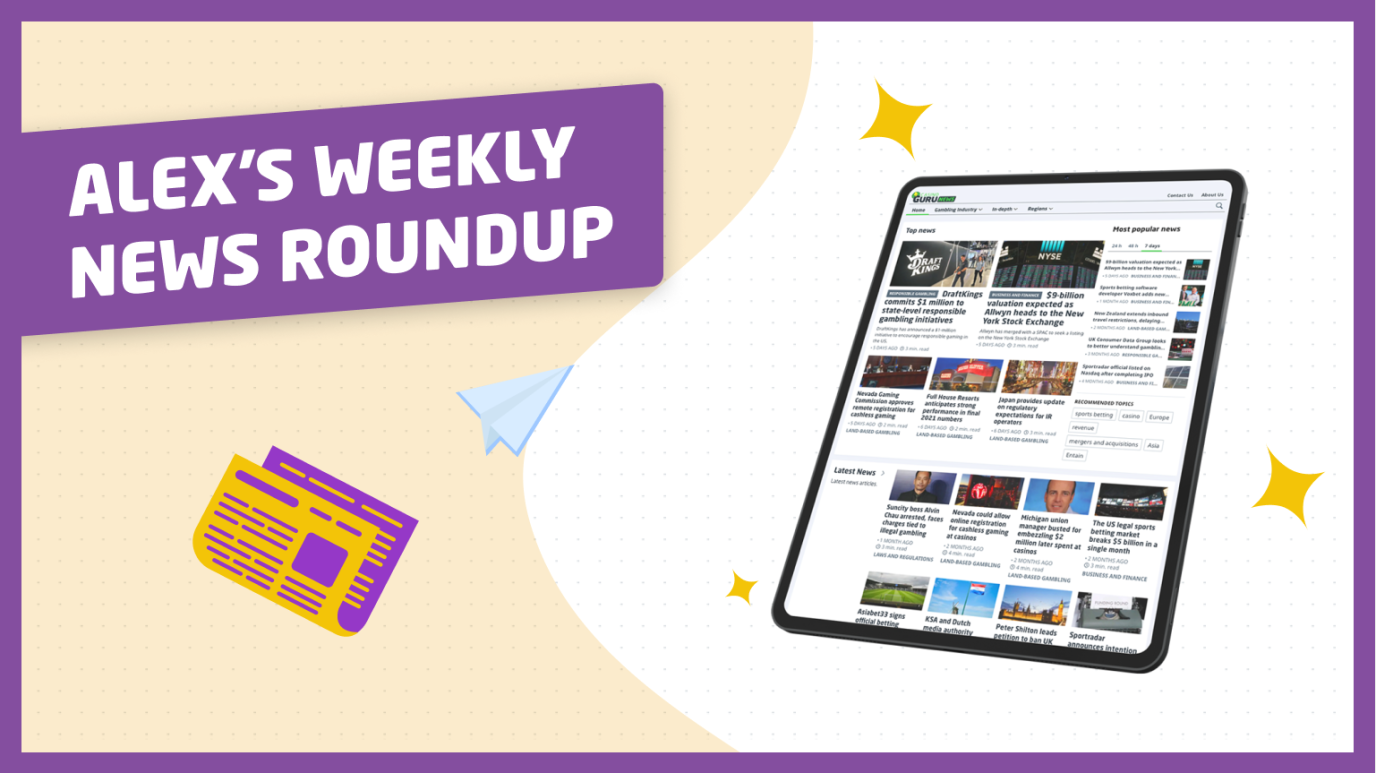Summary
- Denmark Issues Major Blockade Against Unlicensed Sector
- The block order is now a crucial step in the intensified efforts to keep offshore operators out of the regulated market.
- Denmark remains committed to developing a successful domestic model that surpasses any non-market-regulated options.
Denmark has taken a major step in combatting unlicensed gambling by securing court approval in Frederiksberg for one of its largest blocking orders, as sanctioned by the country's gambling regulator, Spillemyndigheden.
Blocking websites is the tip of the iceberg for regulators in Denmark
The regulator has recently taken action to block 178 websites identified as offering unlicensed gambling services to local players, which is illegal under current laws. Since introducing the blocking list in 2012, the gambling regulator has blocked a total of 616 websites. Unlike some other jurisdictions, Denmark has not heavily prioritized blocking operators it considers illegal. Nonetheless, the country has remained steadfast in its approach to regulating the sector. Anders Dorph, Director of Spillemyndigheden, has reflected on the progress made so far: While it's frustrating that illegal gambling sites keep targeting Danish players, I'm pleased we have tools to identify and block these sites. In 2023, we began blocking sites twice a year instead of just once, allowing us to quickly cut off access to platforms without a Danish license, where consumer protection is weaker compared to those with a license from the Danish Gambling Authority. The recent blocking of 178 websites is the largest single action of its kind, which could indicate a strategic increase in regulatory efforts. Since 2024, the regulator has committed to addressing illegal website blocking twice a year, as opposed to once annually.
Focus on making gambling safer at home
Denmark has prioritized protecting vulnerable gamblers, such as young adults aged 18 to 24, by implementing targeted campaigns to educate them about the risks associated with gambling and overindulgence. Additionally, efforts are made to ensure that gambling advertisements do not target these groups. Meanwhile, ROFUS, the national self-exclusion program, has reached 60,000 registrations, with 20,000 new sign-ups in the last two years.





























